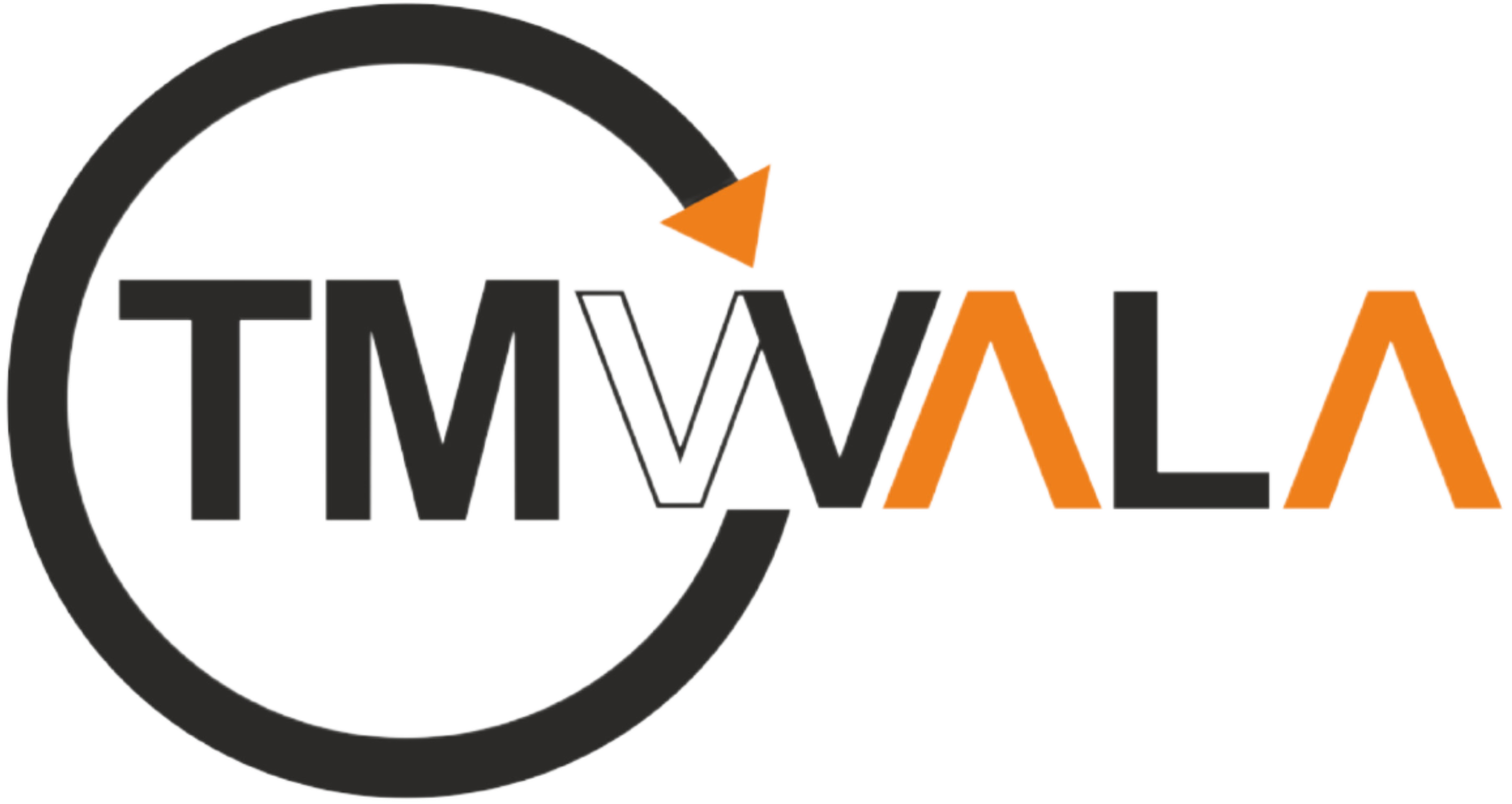What is a Section 8 Company?
A Section 8 Company is a non-profit organization established under the Companies Act, 2013, in India. Its primary objective is to promote charitable activities, art, science, education, and sports. Profits generated by these companies are reinvested to further their objectives and are not distributed among members.
Key Highlights of Section 8 Companies
- Non-Profit Nature: Profits are used solely for charitable purposes and not distributed as dividends.
- Legal Compliance: Must comply with the Companies Act, 2013, including maintaining accounts, filing returns, and adhering to GST and IT Act.
- No Minimum Capital Requirement: Flexible capital structure without a mandatory minimum.
- Separate Legal Entity: Provides credibility and legal standing.
The Perks of Being a Section 8 Company
- Tax Exemption: Eligible for 100% tax exemption under section 12AA of the Income Tax Act.
- No Minimum Capital: Flexibility in capital requirements.
- Credibility: High legal compliance enhances trustworthiness.
- No Title Requirement: Freedom to choose a name without mandatory suffixes.
Potential Drawbacks of Section 8 Companies
Complex Registration Process: Requires meticulous documentation and adherence to stringent compliance requirements.
Resource-Intensive Governance: Mandates regular audits and detailed reporting, which can be demanding for smaller organizations.
Restricted Profit Distribution: Limits financial incentives to attract top talent, aligning strictly with charitable objectives.
Prolonged Licensing Approvals: Obtaining necessary licenses, such as the FCRA for foreign contributions, involves rigorous scrutiny and lengthy waiting periods, potentially delaying fundraising efforts.
Eligibility Criteria
- Minimum Directors: At least two directors for a private company, three for a public company.
- Indian Nationals: Founders must be Indian citizens or Hindu Undivided Families (HUFs).
- Charitable Objectives: Must focus on non-profit goals like education, social welfare, and environmental protection.
Essential Documents for Section 8 Company Registration
- Articles and Memorandum of Association (AOA & MOA)
- Directors’ and Subscribers’ Declarations
- Proof of Office Address
- Nominee Consent (INC-3)
- Digital Signature Certificate (DSC)
- Identity and Address Proofs
Step-by-Step Guide to Incorporating a Section 8 Company
- Obtain DSC: Required for online filings with the MCA.
- Apply for DIN: Unique identification number for directors.
- Reserve Company Name: Ensure the name is unique and approved by MCA.
- File Incorporation Application: Submit Form INC-32 with AOA and MOA.
- Obtain License: File Form INC-12 for the license.
- Receive Certificate of Incorporation: Issued by MCA confirming incorporation.
Smart Fundraising for Section 8 Companies
- Donations: Can accept public donations.
- Foreign Contributions: Permissible with FCRA registration.
- Equity Funding: Issuing new equity shares.
- Government Grants: Eligible for additional funding sources.
Comparative Analysis between NGO & Section 8 Company
| FEATURE | NGO | SECTION 8 COMPANY |
| Governing Law | Societies Registration Act, 1860 or Indian Trusts Act, 1882 (for trusts) | Companies Act, 2013 |
| Legal Structure | Can be registered as a society or a trust | Registered as a company |
| Registration Authority | Registrar of Societies (for societies) or Charity Commissioner (for trusts) | Registrar of Companies (ROC) |
| Objective | Non-profit activities | Promotion of commerce, art, science, sports, education, research, social welfare, religion, charity, protection of environment, etc. |
| Legal Status | Separate legal entity | Separate legal entity |
| Liability | Limited to the extent of assets of the society or trust | Limited to the extent of the assets of the company |
| Members/Trustees | Minimum of 7 members (for societies) or 2 trustees (for trusts) | Minimum of 2 members |
| Management | Managed by a governing body or board of trustees | Managed by board of directors |
| Funding | Donations, grants, membership fees, etc. | Donations, grants, membership fees, and can also issue shares (without dividends) |
| Tax Exemptions | Eligible for tax exemptions under Section 12A and 80G of the Income Tax Act | Eligible for tax exemptions under Section 12A and 80G of the Income Tax Act |
| Profit Distribution | No distribution of profits | Profits must be reinvested in the company |
| Compliance Requirements | Less stringent | More stringent, similar to other companies |
| Audit Requirements | Mandatory audit for societies and trusts with substantial income | Mandatory annual audit |
| Annual Filings | Annual report submission to the Registrar of Societies or Charity Commissioner | Annual financial statements and returns filed with ROC |
| Perpetual Succession | Yes | Yes |
| Dissolution | Governed by the Societies Registration Act or Indian Trusts Act | Governed by the Companies Act, 2013 |
Conclusion
Incorporating a Section 8 Company in India is beneficial for those looking to start a non-profit organization. It offers tax exemptions, flexibility in capital requirements, and increased credibility. With simplified compliance requirements and access to government grants, Section 8 Companies are an attractive option for entrepreneurs focused on social causes.
FAQ’s: Section 8 Company
1. What is a Section 8 Company?
– A Section 8 Company is a non-profit organization established under the Companies Act, 2013, in India, focused on promoting charitable activities.
2. What are the primary objectives of a Section 8 Company?
– The primary objectives include promoting education, art, science, sports, charity, social welfare, and environmental protection.
3. Can a Section 8 Company distribute profits to its members?
– No, profits must be reinvested to further the company’s objectives and cannot be distributed among members.
4. What are the key benefits of forming a Section 8 Company?
– Benefits include tax exemptions, no minimum capital requirement, increased credibility, and eligibility for government grants.
5. How many directors are required to form a Section 8 Company?
– A minimum of two directors are required for a private company, and three for a public company.
6. Is there a minimum capital requirement for a Section 8 Company?
– No, there is no minimum capital requirement for establishing a Section 8 Company.
7. What documents are needed to register a Section 8 Company?
– Required documents include the Articles of Association, Memorandum of Association, proof of office address, and identity and address proofs of directors and subscribers.
8. What is the process to incorporate a Section 8 Company?
– The process involves obtaining a Digital Signature Certificate, Director Identification Number, reserving a company name, filing incorporation documents, and obtaining a license.
9. Can Section 8 Companies accept foreign donations?
– Yes, but they must obtain FCRA registration to accept foreign contributions.
10. What is the role of the Ministry of Corporate Affairs (MCA) in Section 8 Companies?
– The MCA oversees the incorporation, compliance, and regulation of Section 8 Companies in India.
11. Are Section 8 Companies eligible for government grants?
– Yes, they can apply for and receive government grants and funding.
12. How is the governance of a Section 8 Company structured?
– Governance is managed by a board of directors who ensure compliance with legal requirements and the company’s objectives.
13. Do Section 8 Companies need to file annual returns?
– Yes, they must file annual returns and financial statements with the Registrar of Companies.
14. Can a Section 8 Company convert into another type of company?
– Conversion is possible but involves a detailed process and approval from the MCA.
15. What restrictions apply to the naming of a Section 8 Company?
– The name must be unique and not similar to any existing company name, but there is no requirement to include “Section 8” in the name.
16. What compliance requirements must Section 8 Companies adhere to?
– They must maintain proper books of accounts, file annual returns, comply with GST regulations, and adhere to the Income Tax Act provisions.














